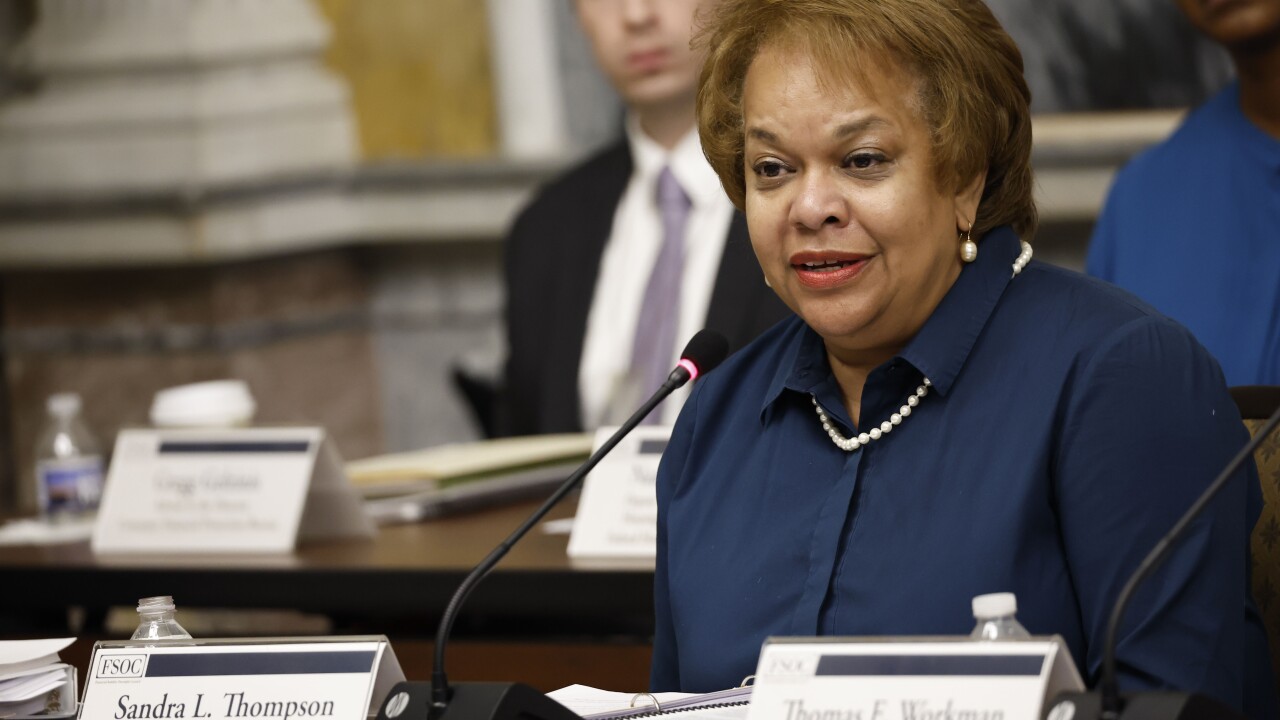Nondepository mortgage companies ended 2016 with 334,300 full-time employees on their payrolls, according to the Bureau of Labor Statistics.
The number of people employed by mortgage banker and broker institutions grew by 26,500 workers during 2016, according to data released Friday. That represents an 8.6% increase from the employment level in December 2015.
The data for all of 2016 was updated to reflect year-end adjustments the BLS makes to the sample-based estimates it uses in its monthly employment statistics. This year's adjustments were big and revealed a smaller drop in employment during the first two months of 2016 and a larger rebound in March.
With the revisions, the independent mortgage sector added 3,000 full-time employees to their payrolls in December, which follows a

While demand for loan officers, underwriters, processors and other backroom employees remains strong, interest rates have been rising and there are concerns there may be some retrenchment.
By the end of December, the contact interest rate was still elevated at 4.39%.
"We expect the 30-year mortgage rate will hit 4.7% by the end of 2017," according to Joel Kan, associate vice president for research and economics at the MBA.
"In our January forecast, we estimate that total originations will decrease to $1.56 trillion in 2017 from $1.89 trillion in 2016," Kan wrote in a Jan. 20 report. That represents a 17.5% decline in originations.
Economists at Wells Fargo Securities expect rising mortgage rates will create challenges for the housing market.
"We still expect home sales to grind modestly higher. After all, interest rates are rising largely due to prospects for stronger economic growth and higher inflation expectations in the medium term," according to a Jan. 4 report by the WFS Economics Group.
"Wages and salaries are growing a bit more rapidly and consumer confidence has risen to the highest levels in more than 15 years. Against this backdrop, we see new home sales rising 8% in 2017 and a further 4.9% in 2018," the WFS report says. "We look for existing home sales to rise 2.2% in 2017."
Overall, the U.S. economy created 227,000 jobs in January, up from 164,000 in the prior month, the BLS also reported Friday. There is a one-month lag in BLS reporting of mortgage industry jobs data.





